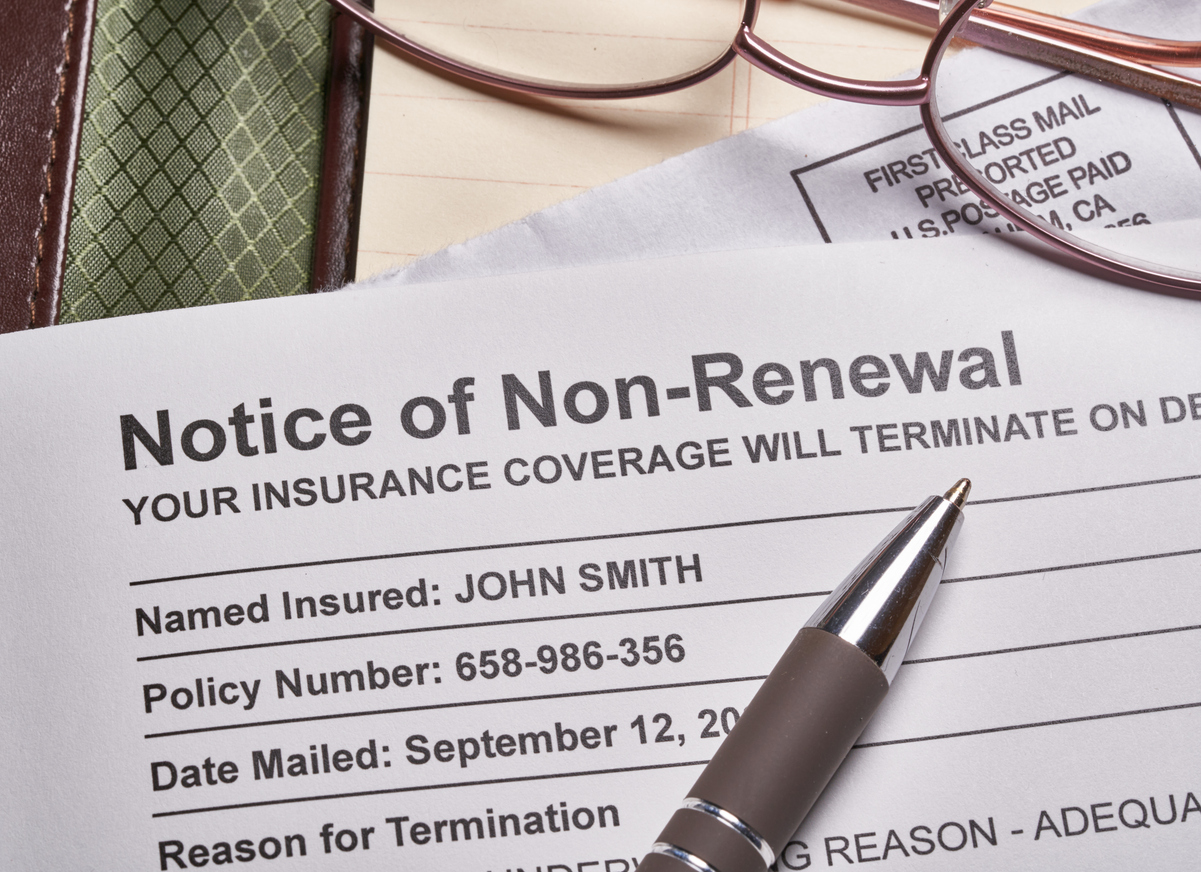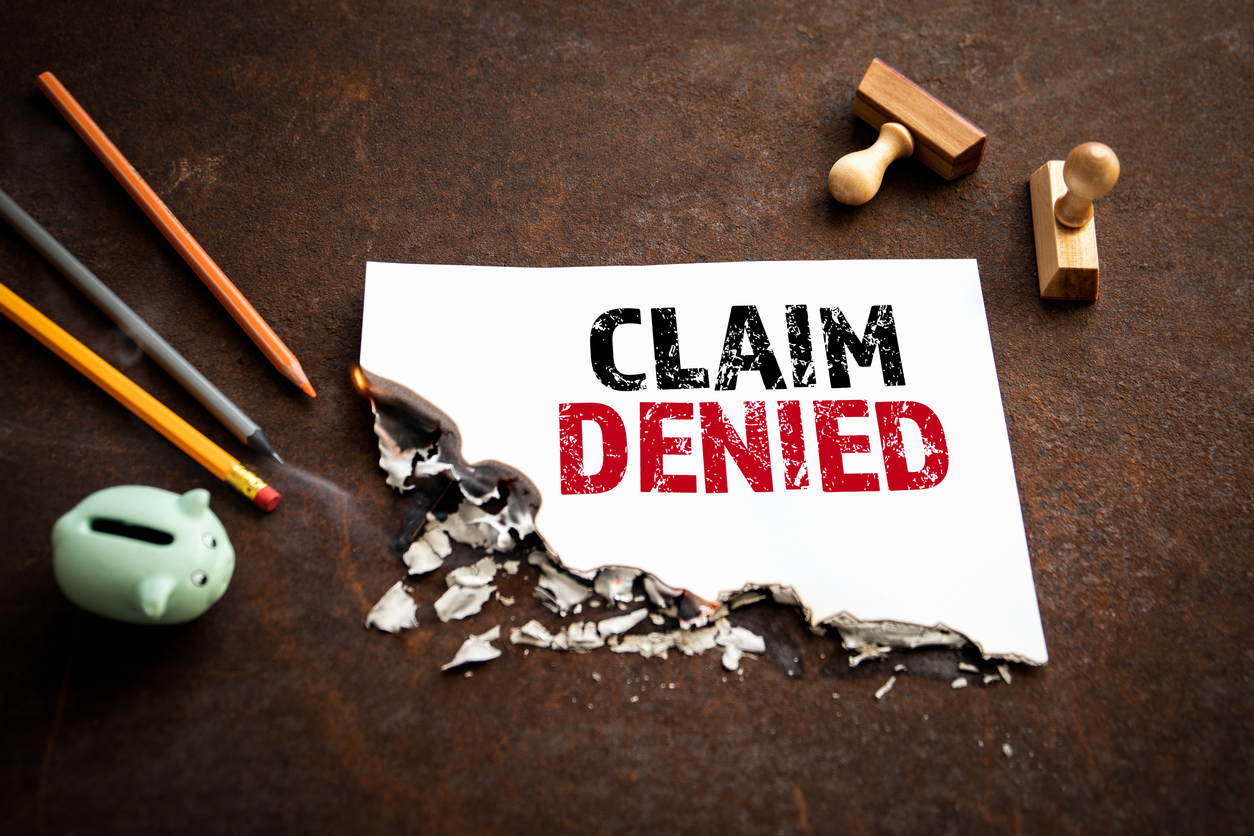If an insured suffers a loss caused by a third-party and an insurer compensates the insured, either wholly or partially, the insurer typically may subrogate the claim in an attempt to recover its payment. However, when an insured does not receive enough funds from its insurer to be made whole, typically due to underinsurance or limiting policy provisions, does the insurer or the insured have priority of funds from the responsible third-party? This is an important distinction when the third-party has limited funds available.
This question lends itself to a lawyer’s most frequent answer – it depends. Broadly speaking, thanks to the Made Whole Doctrine, an insurer is generally precluded from recovering any third-party funds unless the insured has been made whole for its loss.1 California, like many states, recognizes the Made Whole Doctrine.2 However, exceptions apply and be aware that jurisdictions have varied on their construction and application.
The Made Whole Doctrine limits an insurer’s rights to be reimbursed when the insured has not recovered its “entire debt.”3 This has included all elements of damages, not merely those for which the insured has been indemnified under the policy.4 Courts have also held, however, that the insurer may enforce a subrogation claim, despite the insured not being fully compensated, when the insurer has paid the limits under the policy.5 The Doctrine does not include attorneys’ fees the insured must pay to recover economic damages from a third-party in its calculation.6
Further, determining what constitutes being “made whole” or “completely compensated” is not a straightforward task. Keep in mind that the “made whole” figure may be greater or less than the indemnity payments made by an insurer due to the nature of actual cash value versus replacement cost values, or another valuation method applied. For instance, the legal measure of damages in a claim against a third-party tortfeasor who damages real property may be diminution in market value in one instance, but the replacement cost to rebuild if calculated under an insurance policy; the latter with the potential to greatly exceed the former.
While California recognizes the Doctrine, it does not apply it as a blanket rule. It is possible to contract around it.7 However, although California allows for contracting around the Doctrine, in order to abrogate it, the contract must be sufficiently particular in its intent to do so; the language must be “clear and specific.”8
California adds one additional requirement in order to effectively negate the Made Whole Doctrine. In addition to having the right disclaimer policy language, the carrier must cooperate and assist the insured in their recovery effort; they cannot just “sit back without assisting.”9 A carrier that has knowledge of an insured’s tort action and decides not to participate in it may not seek reimbursement from a successful recovery unless the insured’s tort recovery exceeds his actual loss.10
For more on the Made Whole Doctrine, be sure to check out Courtney Abrams’ past blog post: Applicability of the Made Whole Doctrine in Arizona Property Insurance Subrogation Suits.
_____________________________________________
1 See Progressive West Ins. Co. v. Yolo County Superior Ct., 135 Cal.App.4th 263 (Cal. App. 2005).
2 See Chandler v. State Farm Mut. Auto. Ins. Co., 596 F. Supp.2d 1314 (C.D. Cal. 2008) aff’d, 598 F.3d 1115 (9th Cir. 2010).
3 See 21st Century Ins. Co. v. Superior Ct., 47 Cal. 4th 511, 519 (2009).
4 See Allstate Ins. Co. v. Superior Ct., 151 Cal.App.4th 1512 (Cal. App. 2007).
5 See Chandler v. State Farm Mut. Auto. Ins. Co., 596 F. Supp.2d 1314 (C.D. Cal. 2008) aff’d, 598 F.3d 1115 (9th Cir. 2010).
6 See 21st Century Ins. Co. v. Superior Ct., 47 Cal. 4th 511 (2009).
7 See Samura v. Kaiser Found. Health Plan, Inc., 17 Cal.App.4th 1284 (Cal. App. 1993).
8 Chandler v. State Farm Mut. Auto. Ins. Co., 596 F. Supp.2d 1314 (C.D. Cal. 2008) aff’d, 598 F.3d 1115 (9th Cir. 2010).
9 See Sapiano v. Williamsburg Nat’l Ins. Co., 28 Cal.App.4th 533 (Cal. App. 1994).
10 See Plut v. Fireman’s Fund Ins. Co., 85 Cal.App.4th 98 (Cal. App. 2000).




